Bizarre Side Effects of Becoming a Running Junkie
Forget what you think you know about pounding the pavement. While the world champions the meditative calm and powerful endorphin rush of a good run, true running junkies know there's a whole other, utterly bizarre world beneath the surface. Beyond the blissful sleep and calorie-torching prowess, dedicating your life to the miles transforms you in ways no self-help book ever warned you about. You might start noticing things: whispers of the strange, the unexpected, even the downright weird. We've delved deep into the delightful oddities that accompany a full-blown running obsession, and we're thrilled to expand our field guide to the human body's quirky adaptations. Prepare yourself, because what began as a curious list has now grown into 21 Bizarre Side Effects of Being a Running Junkie.
1. Racer’s Cough
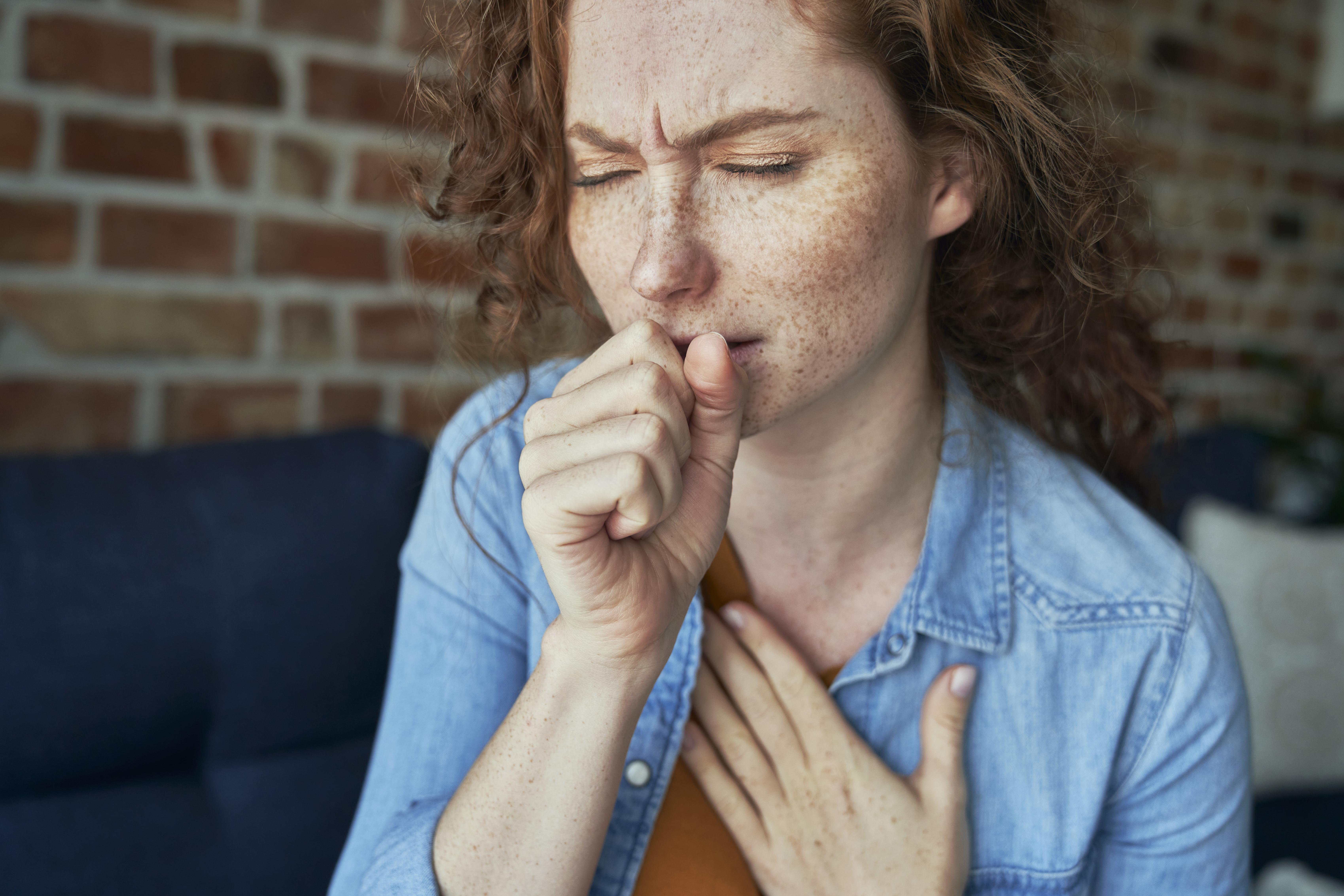
Runners can experience something known as racer’s cough, but it not a sign of poor health. Marathon runners and even those who have set the treadmill to high speed for the first time may exhibit racer’s cough. This cough does not imitate that of a flu cough but is the result of the increased contraction of muscles that line the lungs. One may also develop a cough when running for long periods in humid and cold environments. Those who suffer from asthma experience a similar condition. Excessive running when one first starts a running routine is the ideal condition to develop the racer’s cough, but covering the mouth with a piece of fabric such as a light scarf can provide some relief.
2. Bloody Taste

When a runner pushes the body past the usual workout routine tolerance, it is normal to experience a blood taste in the back of the throat. The bloody taste is caused by red blood cells popping. When red blood cells are strained, they release an iron-containing compound called heme which results in the metallic taste in the mouth. It is also possible for red blood cells to leak into air sacs during extreme conditions. The unpleasant taste should be temporary, but it is important to notice if the sensation happens all the time. The recurrence of a bloody taste could be a sign of a health issue, and one should see a doctor to avoid serious problems.
3. Runny Nose

It is common for people who exercise to have running noses, especially if the exercise is taking place outside instead of inside a gym, and it can get worse during the times of year when allergens are high or under cold climate conditions. The allergens irritate the nasal passages which cause mucus production to increase and the heat generated by running causes the mucus to run down the nose. Some claim that nitrogen dioxide found in car exhaust is a significant trigger because those who exercise inside appear to have fewer occurrences of runny noses. Though a constant runny nose can be annoying, it is not harmful, and it can be managed with minimal effort.
4. Bowel Movement Problem
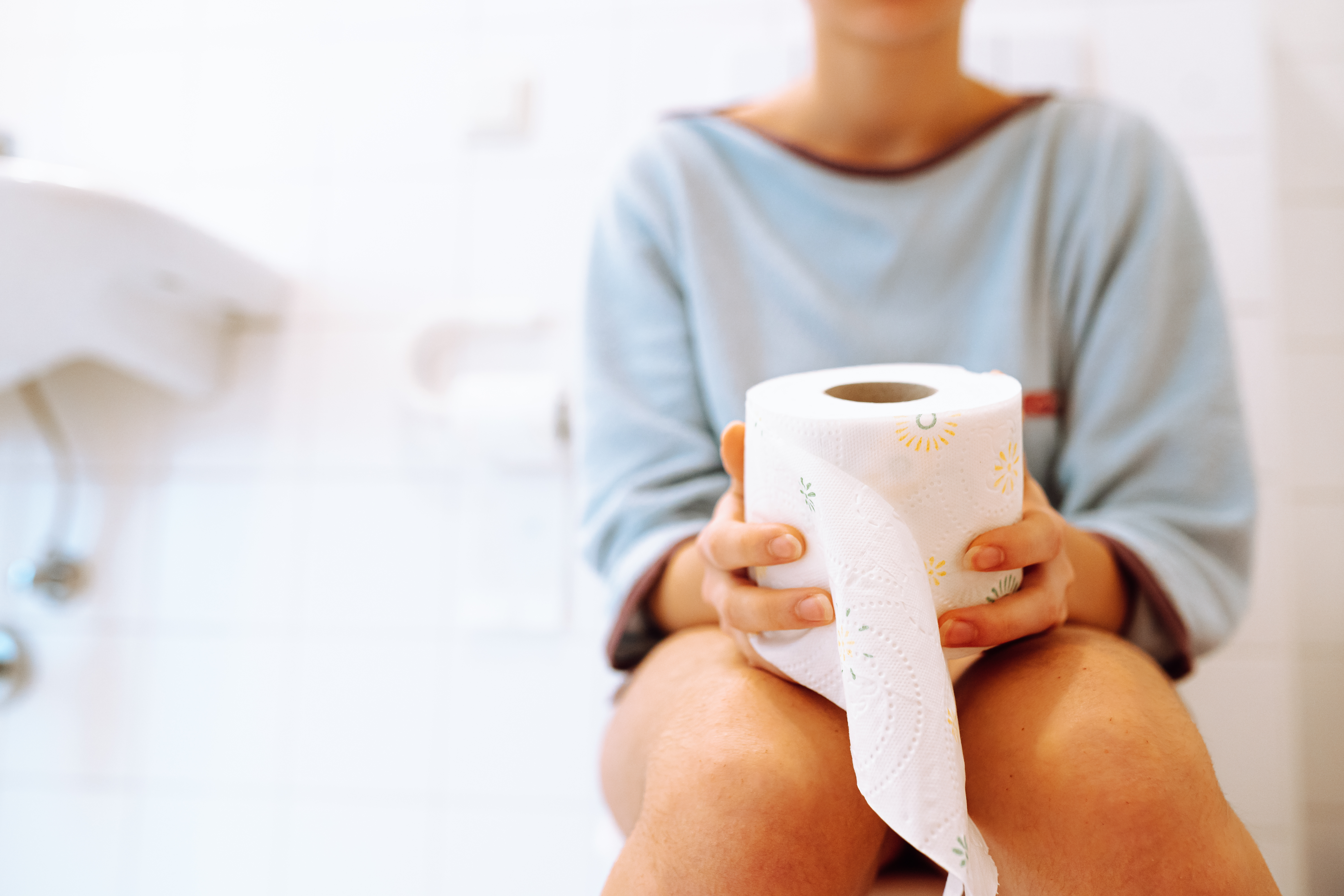
Running for long periods of time causes the blood flow to the gut to be restricted which can result in the constant urge to go to the bathroom while running. Sugary foods and caffeinated drinks can make the situation worse. It is recommended to drink energy drinks in small amounts and limit the intake of coffee. A healthy diet that consists of rice cakes and bananas can help fight the urge to go so often.
5. Strange Itch

While running, one may have noticed an itchy sensation in the muscles. Dry skin may be the reason behind the itching, but it could also be the result of capillaries and arteries quickly expanding and stimulating nearby nerves. Thankfully it does not take long for the sensation to go away. To reduce irritation, make sure the skin is well-moisturized before heading out for a run.
6. Fuzzy Head
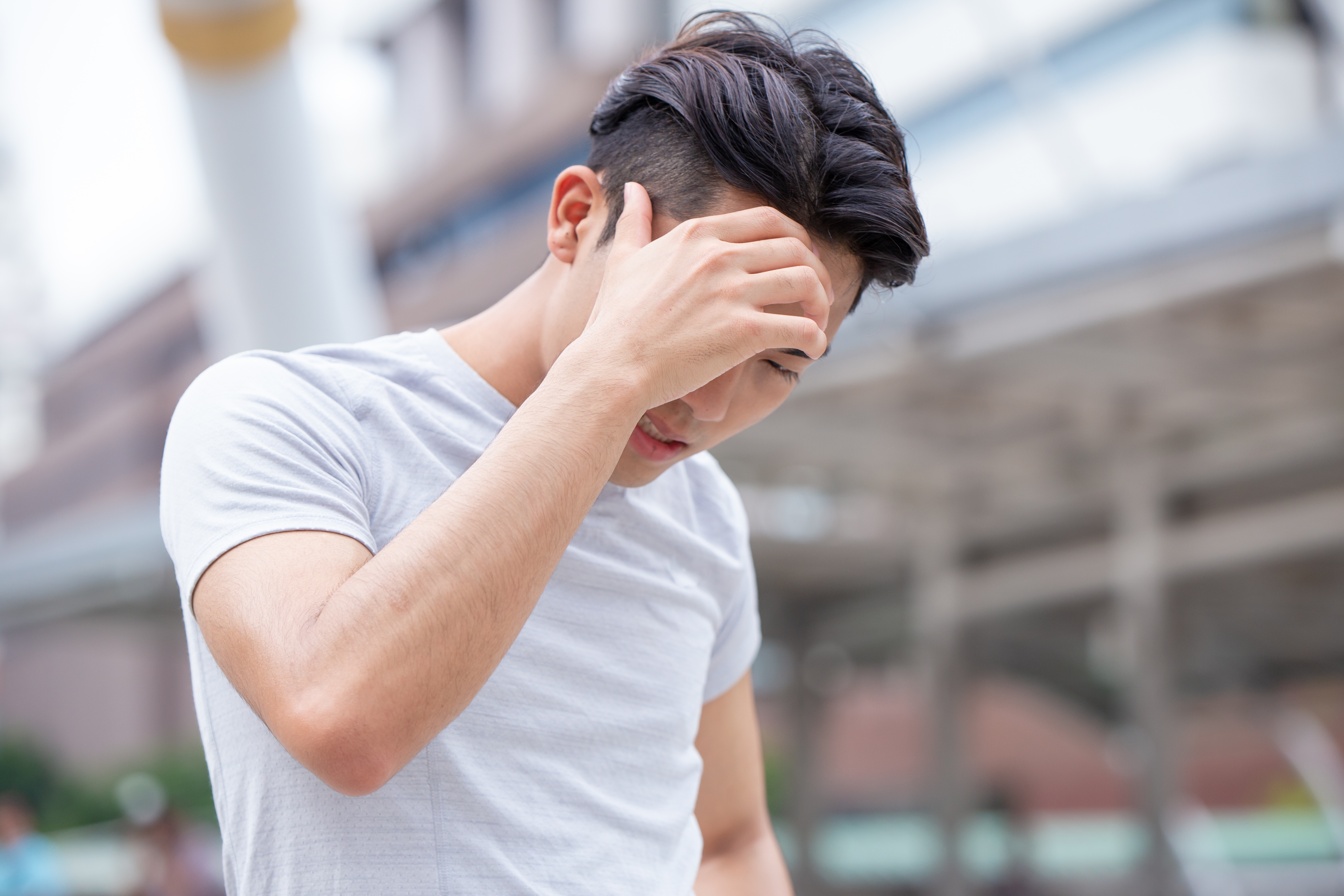
It is normal for the head to feel a bit fuzzy after a long run. During the run, the body gradually uses up all the glycogen in the body. Glycogen is a vital substance that helps the brain function properly. To recover from the brain fog, drink a recovery beverage such as orange juice and pair it with a snack to help rebalance blood sugar.
7. Losing A Few Inches
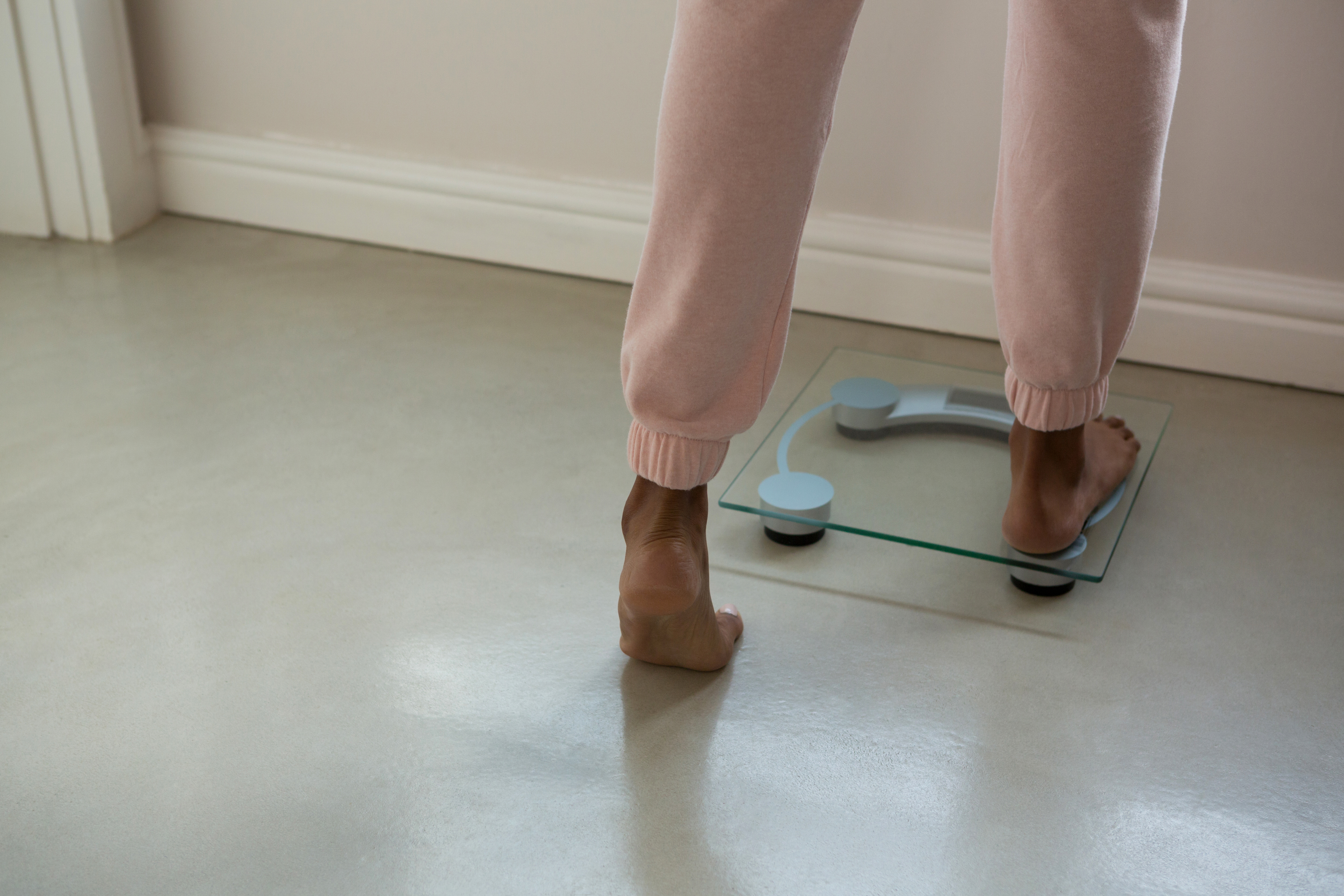
Though running can help shed some pounds, it can also shed some height from the body, but there is no reason to worry because it is only temporary. The feeling of being shorter and physical change is a result of losing intervertebral disc fluid from the spine whiling running. The body will restore the fluid soon after the run and return the body to its original height.
8. Heightened Hearing

Some runners have reported how their hearing seems to become sharper and clearer during a long run. They are not just making this up either; hearing can improve while running because of the increased blood circulation that is created by running long distances. The increased circulation also brings nutrients up to the ears.
9. Pulled Muscles
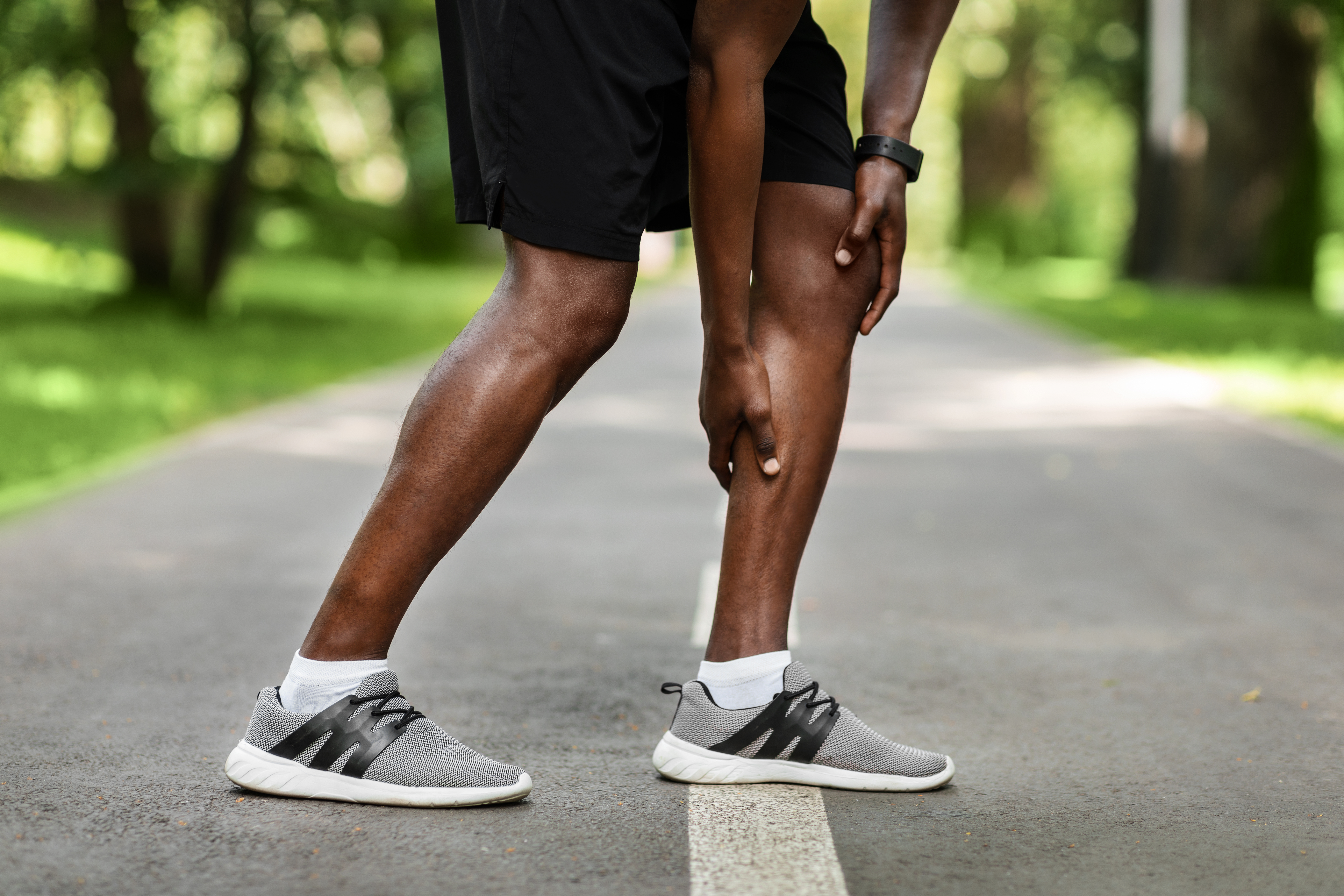
Strengthening the muscles is one goal achieved by running, but if one is not careful, a pulled muscle can also be part of the process. It is essential to know the body's limits and not be so hard on the muscles while running. When a muscle is pulled, it requires immediate attention. A little massage and few minutes rest will help the muscle recover, and one can continue exercising.
10. Feeling Weightless
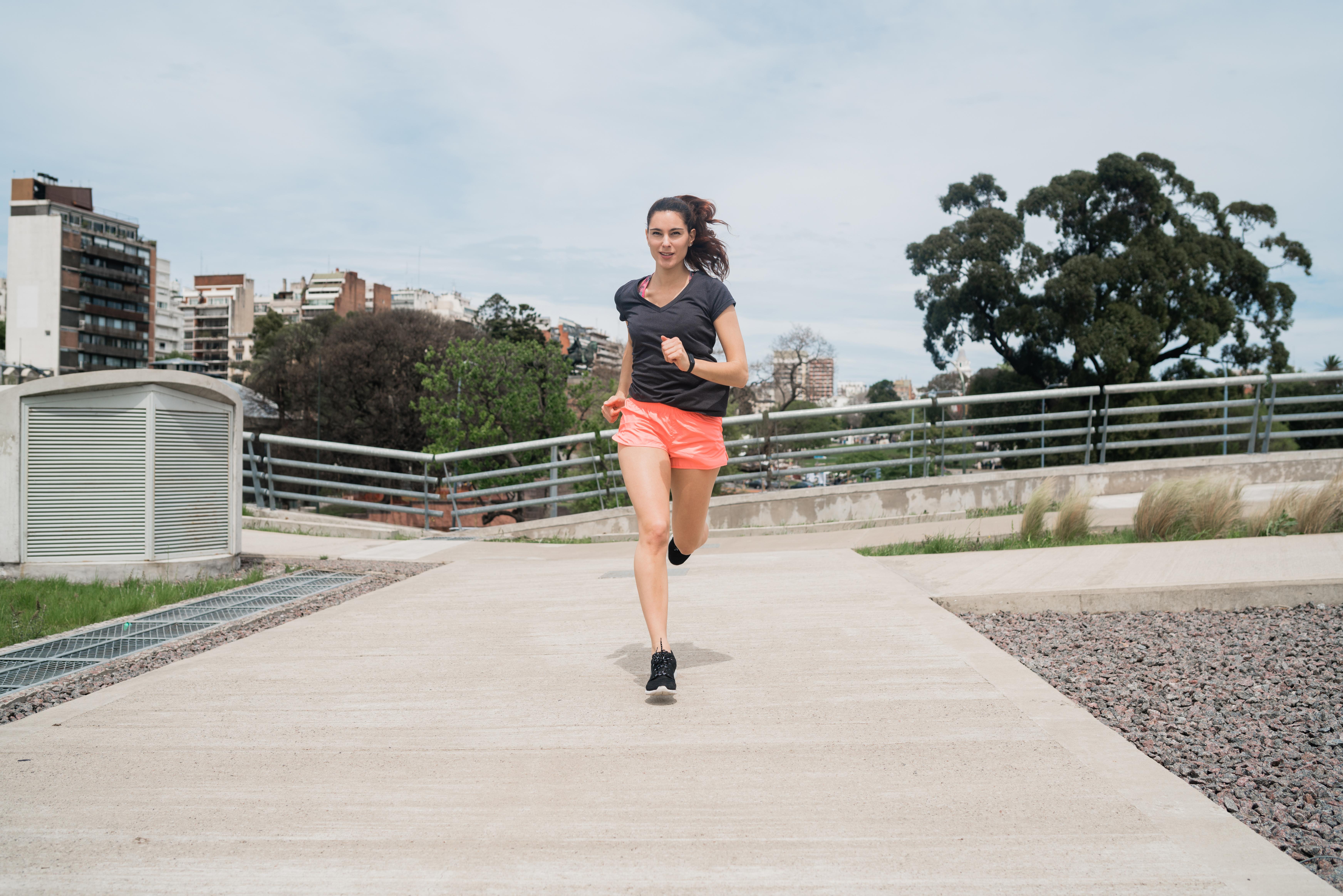
Running long distances like that of marathons, can make the body feel lighter and even bring on a sensation of weightlessness. This feeling is due to the body going through mild fluid loss which will return to normal in a short period. Too much fluid loss will have negative impacts, so it is essential to keep the urine a pale yellow color by drinking at least a liter of fluids before and during a run.
11. The Phantom Itch of Recovering Legs
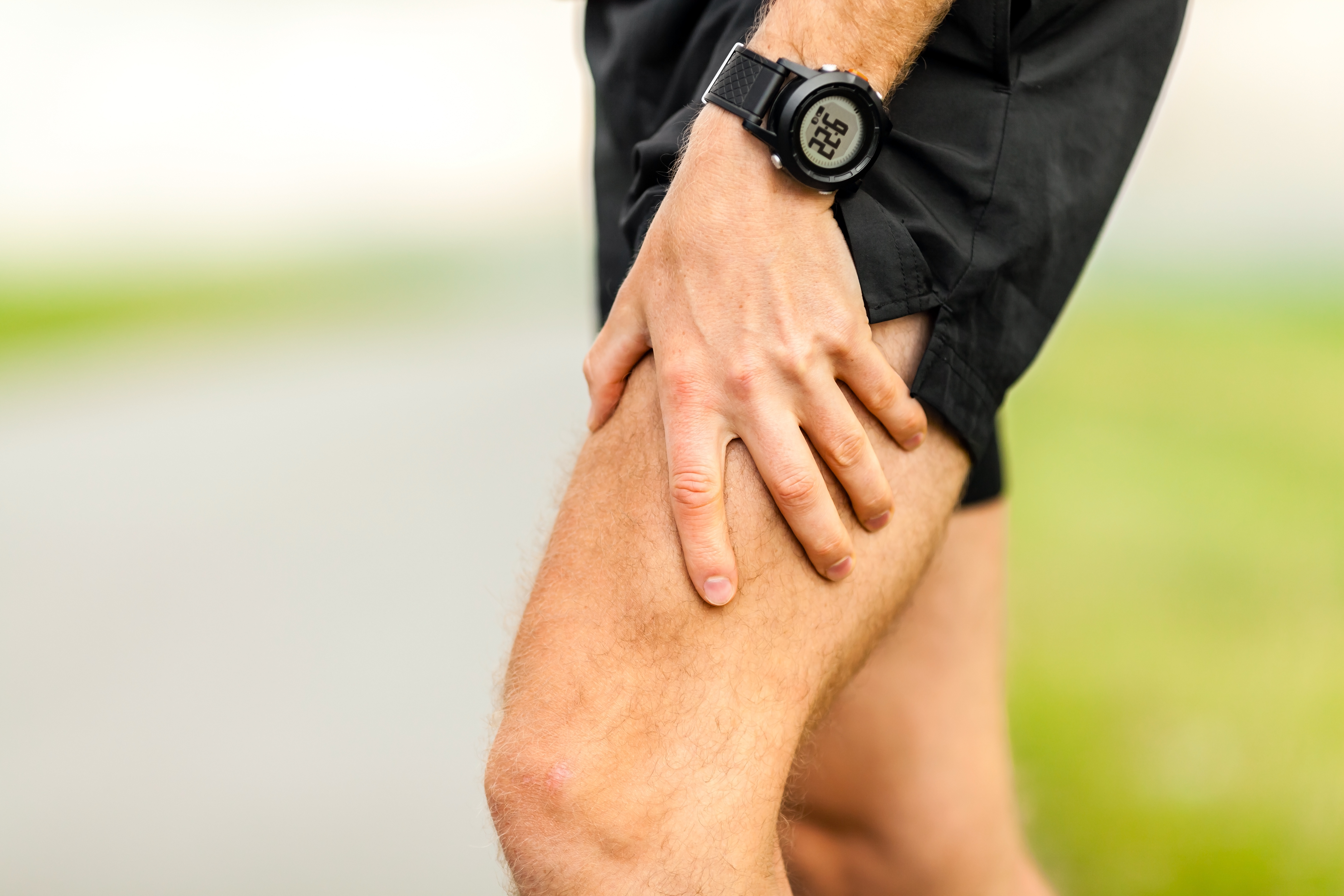
You've finished your long run, showered, and settled in, only for an inexplicable, deep itch to erupt in your calves or quads. This isn't surface dryness; it's often linked to histamine release as blood vessels rapidly expand during recovery, especially after prolonged constriction during intense exercise. Your body's repairing mechanisms kick into overdrive, sometimes signaling nerves in ways that feel like a persistent, internal tickle or prickle. Resisting the urge to scratch your skin raw becomes a new, unique post-run challenge.
12. The "Everything Smells Intense" Syndrome

Suddenly, the aroma of a nearby bakery isn't just pleasant – it’s overwhelming. Your neighbour's laundry detergent smells like a chemical explosion. This heightened sense of smell is a lesser-known adaptation. Increased blood flow to the brain, including areas responsible for olfactory processing, combined with a generally more alert state, can amplify sensory input. You become a reluctant super-sniffer, experiencing the world in a richer, sometimes too-rich, aromatic palette.
13. The Unshakeable "Runner's Glare"

Even when you're just relaxing, people might comment on your intense, focused expression. This isn't intentional; it's a residual effect of the concentration required during long runs. Your facial muscles unconsciously hold the tension of maintaining pace, dodging obstacles, and pushing through discomfort. It's a subtle, almost permanent furrowing of the brow or tightening around the eyes, signaling a mind always ready to tackle the next mile.
14. The Unexpected Hunger for Everything Green

While post-run cravings for carbs are common, a true running junkie develops an almost primal urge for leafy greens. After burning through thousands of calories, your body instinctively seeks out nutrient-dense foods to replenish vitamins and minerals. Kale, spinach, and broccoli suddenly look more appealing than a chocolate bar. It’s your body screaming for micronutrients to support muscle repair and overall recovery.
15. The Disappearing Toenails Phenomenon
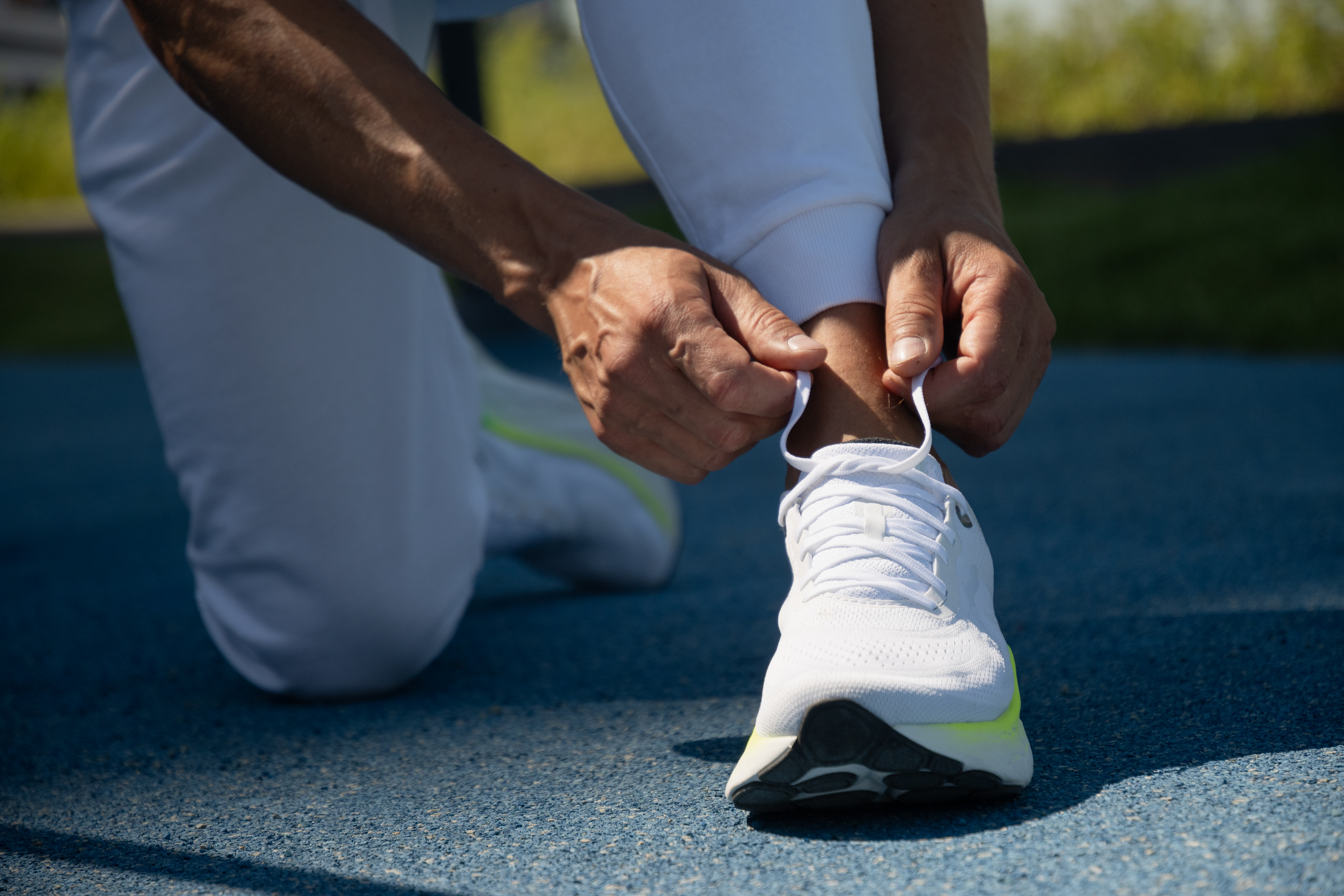
It's a badge of honour (or horror) for many distance runners. Repeated micro-trauma from your toes hitting the front of your shoe, especially on downhills or with ill-fitting footwear, can cause blood blisters under the nail, eventually leading to the nail detaching. While typically painless as it occurs gradually, the sight of a "black toenail" or a missing one becomes an all-too-familiar part of your routine.
16. The "Is That My Heartbeat?" Auditory Hallucination

When lying still in bed or during quiet moments, you might distinctly hear your own heartbeat, a deep, rhythmic thrumming in your ears. This isn't necessarily a medical issue, but rather your cardiovascular system becoming incredibly efficient and your body becoming acutely aware of its own internal workings. Your resting heart rate drops significantly, making each powerful beat more noticeable.
17. The Strange Addiction to Compression Gear
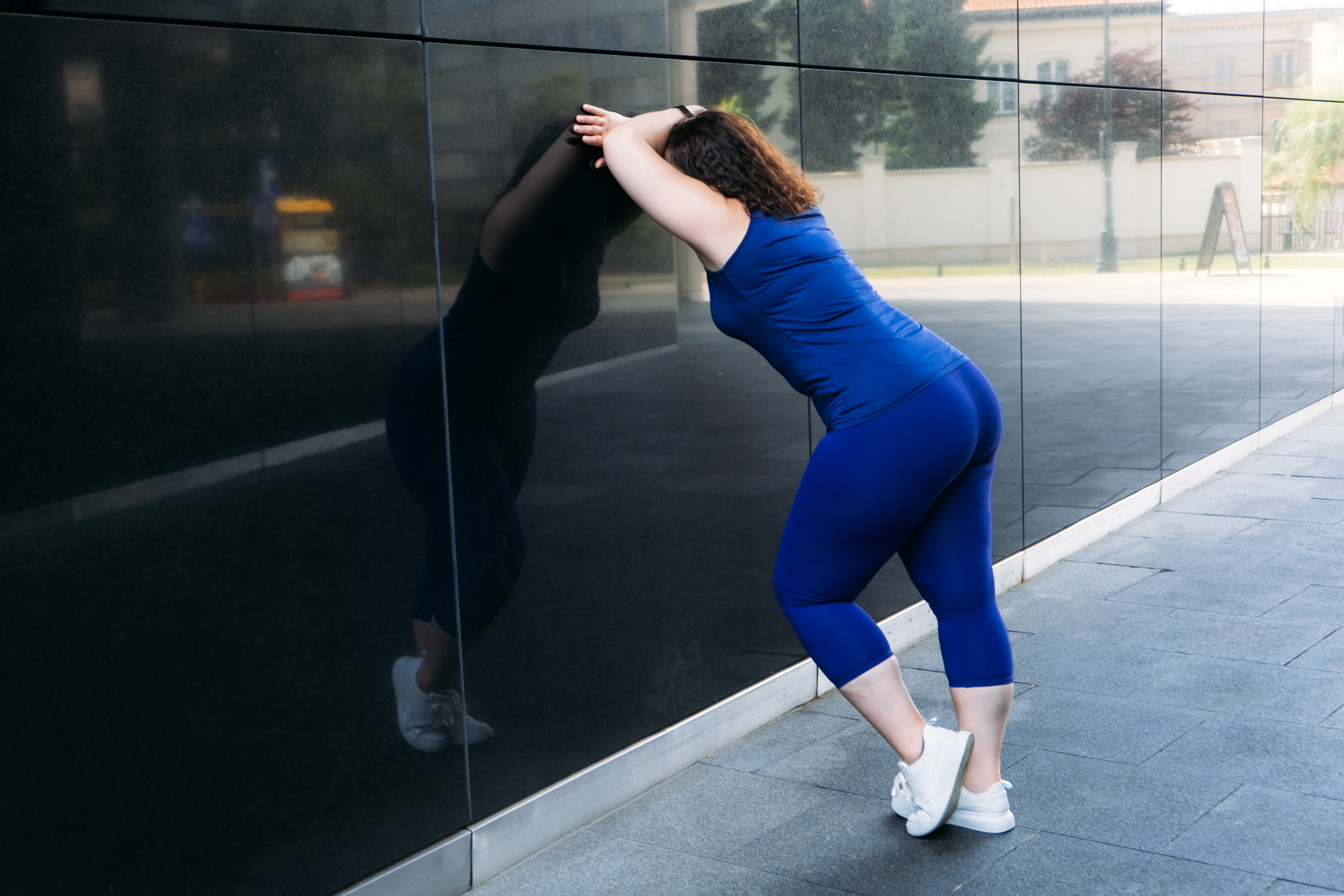
What started as a practical tool for recovery soon becomes a comfort blanket. You find yourself reaching for compression socks, sleeves, or tights even when not running or recovering. The snug pressure feels oddly comforting, a subtle hug that eases muscle fatigue and just feels "right." It’s a sensory addiction, a constant reassurance to your hard-working limbs.
18. The Art of the Strategic "Pre-Run Poop"

This isn't just about avoiding mid-run emergencies; it becomes a precise, almost ritualistic timing of your digestive system. Your body learns to anticipate the exertion, and you subconsciously train it to clear the system before you head out. It's a mastery of your internal clock, ensuring peak performance without gastrointestinal surprises.
19. The Unintentional "Runner's Tan" Lines
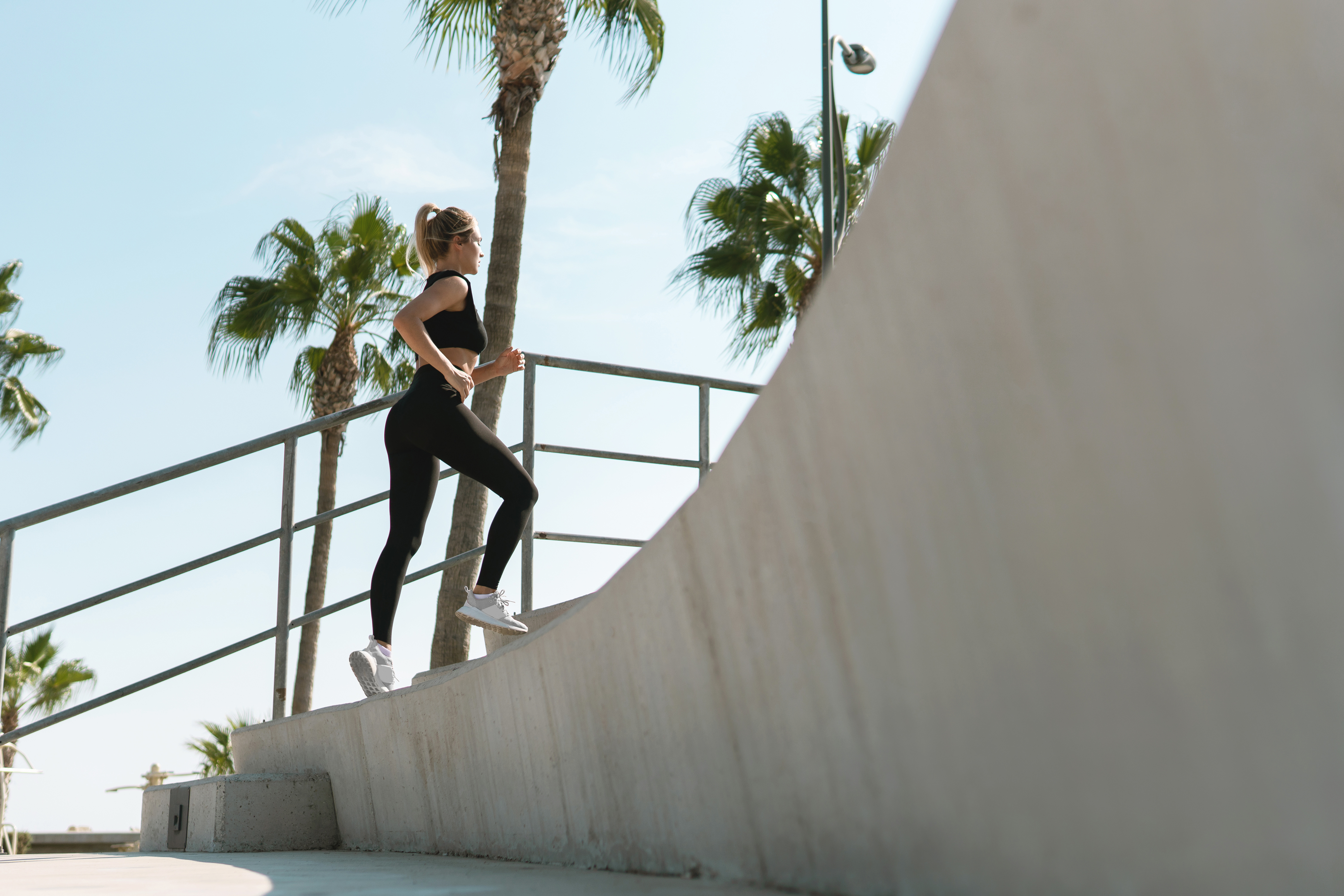
Despite sunscreen efforts, you develop distinct tan lines that defy normal summer patterns. Whether it's the stark contrast between your upper arms and shoulders from sleeveless tops, or the permanent demarcation just above your sock line, these lines are a testament to countless hours under the sun, a unique topographical map of your dedication.
20. The Sudden Onset of "Chafing Mindfulness"
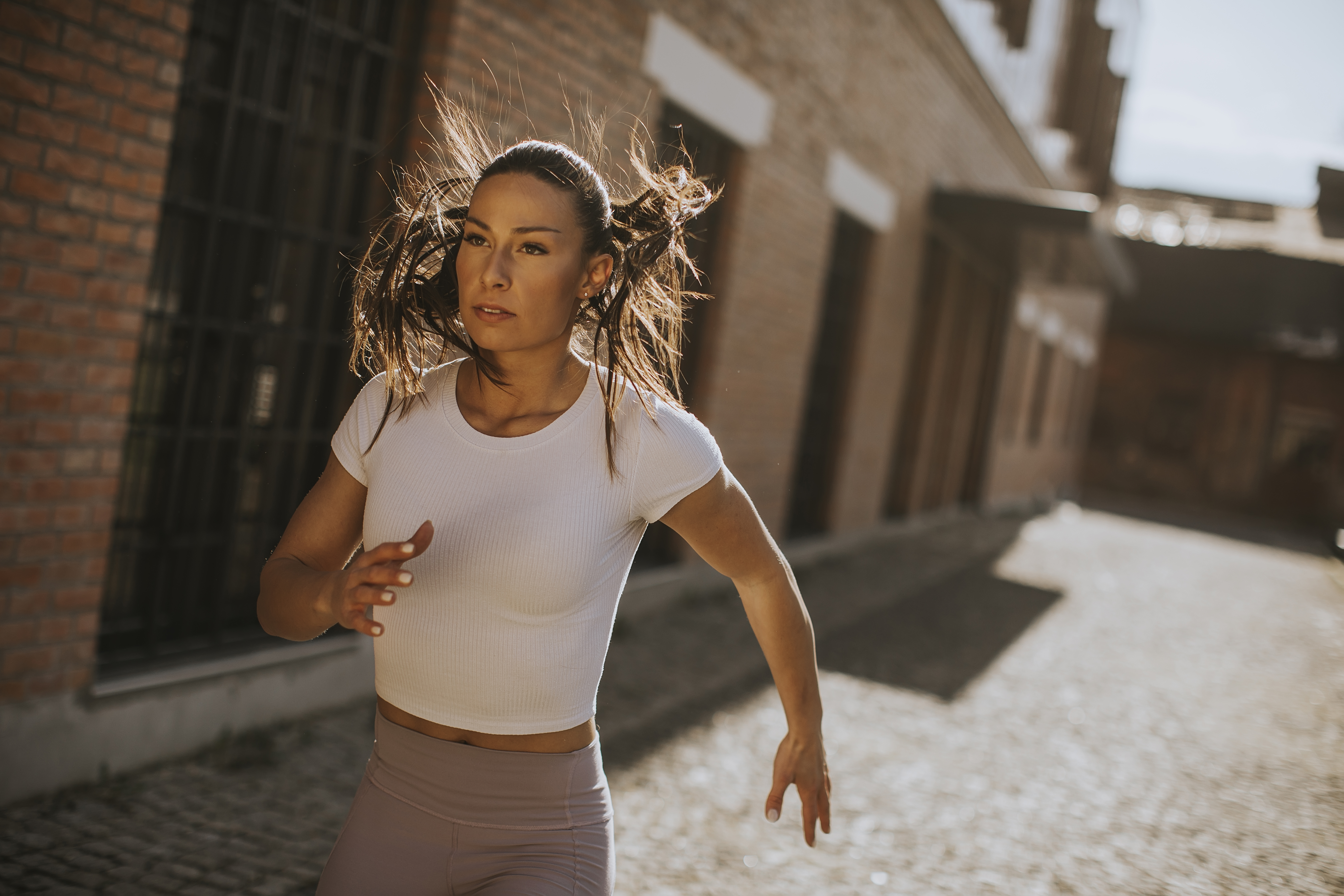
You become acutely, almost obsessively, aware of seams, fabric choices, and potential friction points on your clothing. A seemingly innocuous label or an ill-fitting pair of shorts can transform a pleasurable run into an agony of irritation. You develop a sixth sense for chafing hotspots and an arsenal of balms and anti-chafing sticks.
21. The "Everything Feels Like a Hill" Delusion
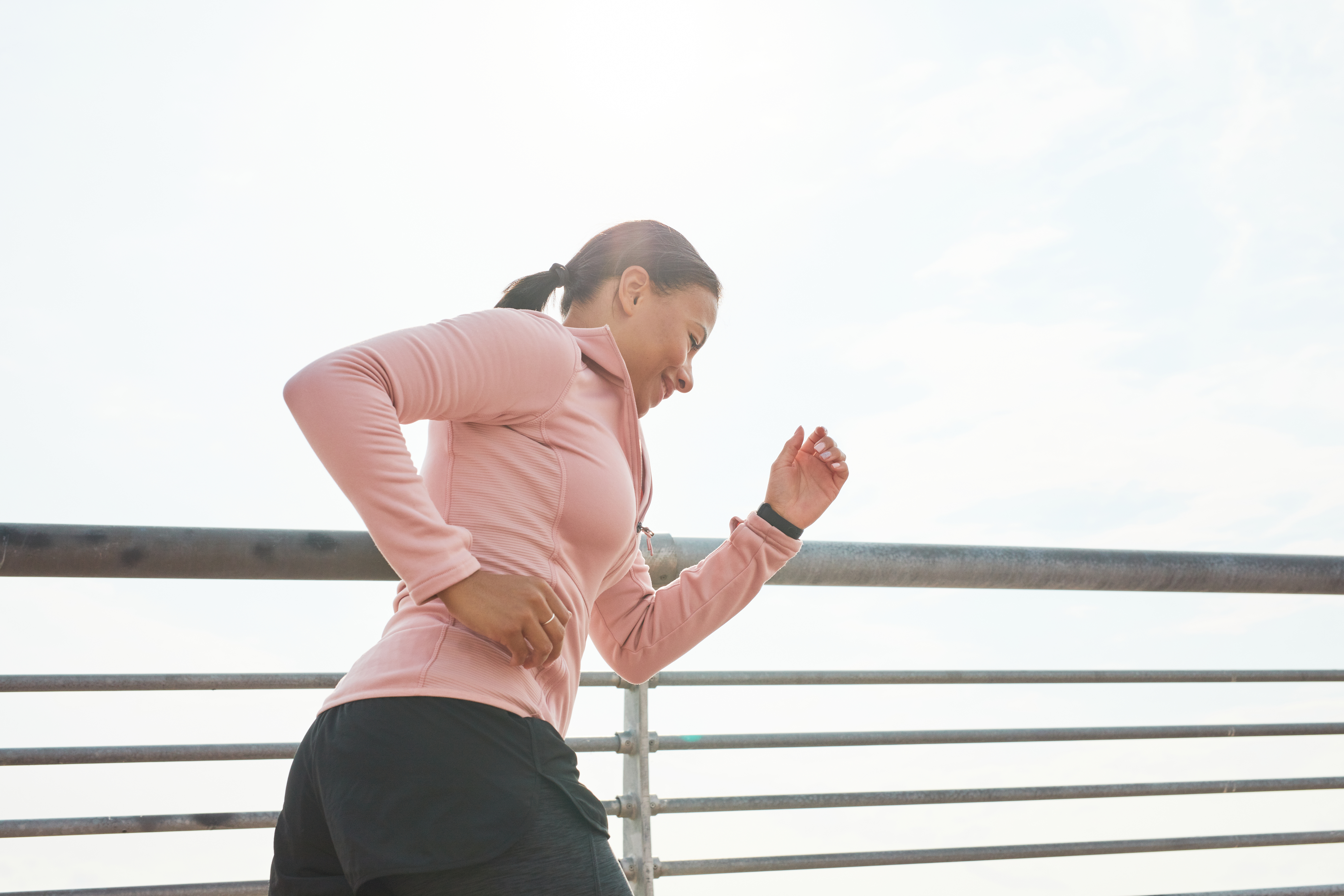
After tackling significant elevation gains or losses during a long run, flat ground can momentarily feel like a deceptive incline or decline. Your proprioceptors, the sensors that tell your brain about your body's position in space, become temporarily recalibrated to extreme conditions, making familiar paths feel subtly different.
The Unseen Marathon: Beyond the Finish Line

So you thought logging miles was just about fitter lungs and sculpted legs? Think again. The journey of a running junkie is a profound transformation, subtly reshaping not just your physique, but your very perception and internal landscape. From the phantom itches of recovering muscles to the unexpected clarity of sound, and the almost ritualistic approach to pre-run bowel movements, these bizarre side effects are the true testament to your dedication. They're the unsung chapters in your personal running memoir, proving that committing to the pavement carves a path far more intricate and fascinating than any Strava stat can capture. Embrace the oddities, for they are the secret language of a body truly alive and deeply in love with the run.